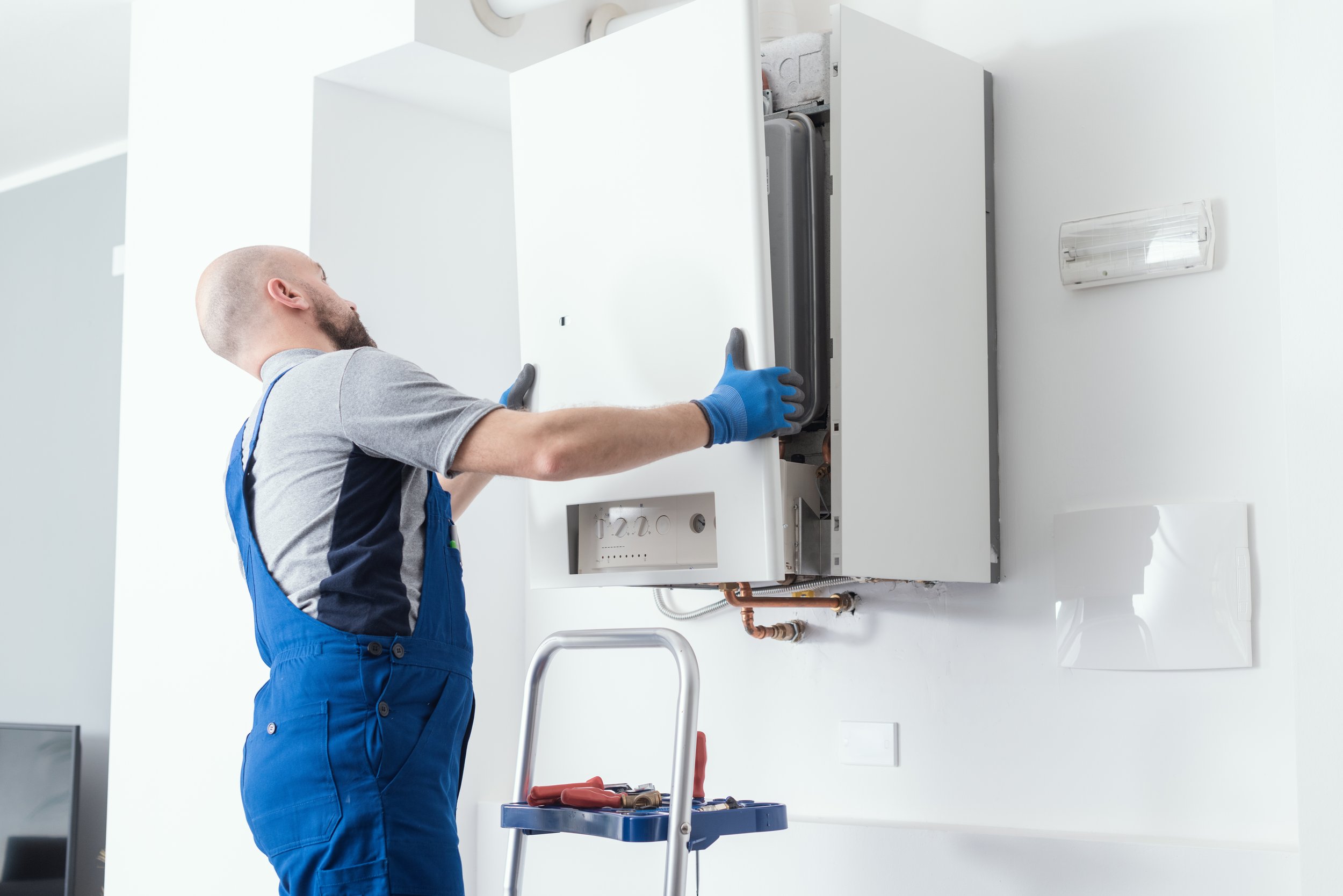How Do Tankless Water Heaters Work?
Tankless water heaters, also known as on-demand water heaters, are a popular choice for homeowners looking for an efficient and space-saving solution for their hot water needs. This guide will explore how these heaters function, their benefits, maintenance tips, and other essential information.
How Tankless Water Heaters Work
Unlike traditional water heaters that store a large volume of hot water, tankless water heaters heat water directly as it flows through the unit. Here’s a step-by-step look at their operation:
Activation: When a hot water tap is turned on, cold water travels through a pipe into the tankless unit.
Heating: An electric element or gas burner heats the water as it passes through the heat exchanger.
Continuous Supply: The result is a continuous supply of hot water, as long as there is a demand.
Benefits of Tankless Water Heaters
1. Energy Efficiency: Tankless water heaters are more energy-efficient than traditional models because they eliminate the standby heat loss associated with maintaining a tank of hot water. This can lead to significant energy savings over time.
2. Unlimited Hot Water: Since water is heated on demand, you’ll never run out of hot water, making these units ideal for larger households or those with high hot water usage.
3. Space Saving: These units are compact and can be mounted on walls, freeing up valuable floor space in your home.
4. Longer Lifespan: Tankless water heaters generally have a longer lifespan than traditional water heaters, often lasting up to 20 years with proper maintenance.
Maintenance Tips for Tankless Water Heaters
To ensure your tankless water heater operates efficiently and lasts as long as possible, regular maintenance is crucial. Here are some key maintenance tasks:
1. Regular Descaling: Mineral buildup, especially in areas with hard water, can reduce efficiency and damage the heater. Descaling the unit at least once a year is recommended to prevent this issue.
2. Cleaning the Air Filter: If your unit has an air filter, clean it regularly to ensure proper airflow and combustion efficiency.
3. Inspecting the Venting System: Check the venting system for any blockages or damage. Proper ventilation is crucial for gas-powered units to prevent dangerous gas buildup.
4. Annual Professional Inspection: Having a professional inspect your tankless water heater annually can help identify and address any potential issues before they become serious problems.
Important Considerations
1. Installation Costs: While tankless water heaters can save money in the long run, the initial installation cost is typically higher than that of traditional units. This includes the cost of the unit itself and potential upgrades to your home’s electrical system or gas lines.
2. Sizing: Proper sizing is crucial for optimal performance. A unit that’s too small won’t provide enough hot water, while an oversized unit can be inefficient. It’s important to consult with a professional to determine the right size for your home.
3. Energy Source: Tankless water heaters are available in electric and gas models. Gas units tend to have a higher upfront cost but can be more cost-effective in the long run, especially in areas with high electricity rates.
Endless Hot Water with Tankless Water Heaters
Tankless water heaters offer a modern, efficient solution for providing hot water in your home. By understanding how they work, their benefits, and how to maintain them properly, you can make an informed decision about whether this type of water heater is right for you. Whether you're looking to save on energy bills, free up space, or ensure an endless supply of hot water, a tankless water heater might be the perfect addition to your home.

